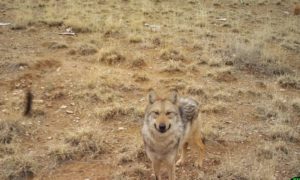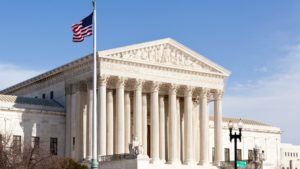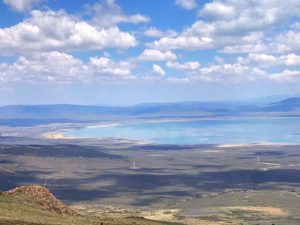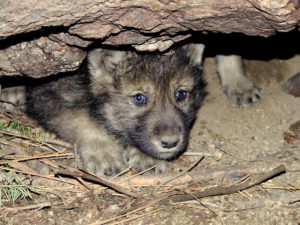Public lands ranching is one of the most contentious and debated commercial uses of western public lands, and also, the most widespread. Spanning millions of acres across the American West, it has profound implications for the health of our ecosystems, the viability of wildlife populations, and the very nature of our public lands. Ranching is one of the primary causes of native species endangerment in the American West; it is also the most significant cause of non-point source water pollution and desertification.
The scope of public lands ranching is staggering. In the United States, approximately 155 million acres of public land are leased for livestock grazing. This vast expanse includes lands managed by the Bureau of Land Management (BLM) and the U.S. Forest Service. These lands are supposed to be held in trust for all Americans, yet a small subset of private interests has been granted the privilege to use them for grazing, typicallyoften at a fraction of the cost that private landowners would charge.
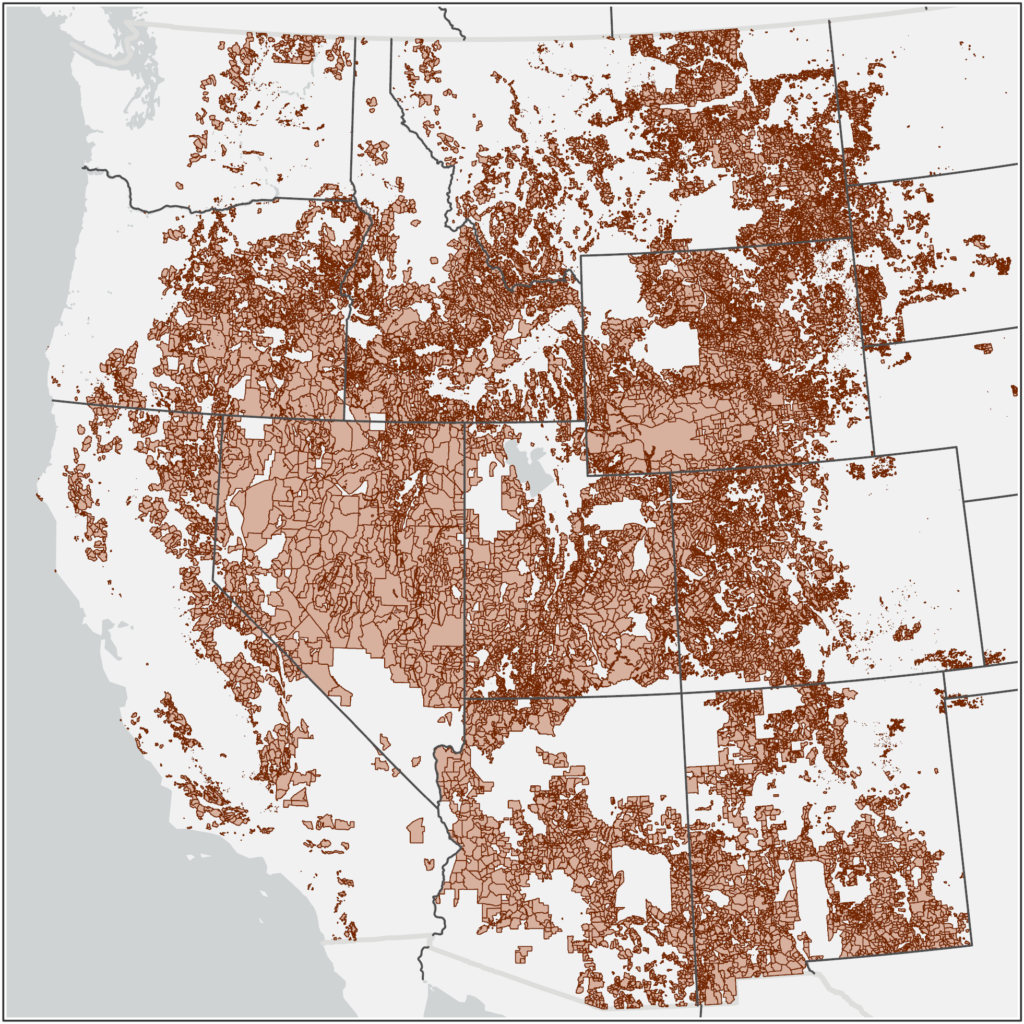
The practice of grazing livestock on public lands is deeply ingrained in the culture and economy of the West. Yet, it comes at a significant cost to the environment. One of the most immediate impacts is the destruction of native vegetation. Cattle and sheep, often in large numbers, trample and overgraze grasses, shrubs, and other plant life. This not only reduces plant diversity but also disrupts the delicate balance of these ecosystems. Native plants are often replaced by invasive species, which can further degrade the habitat and make it less hospitable for wildlife.
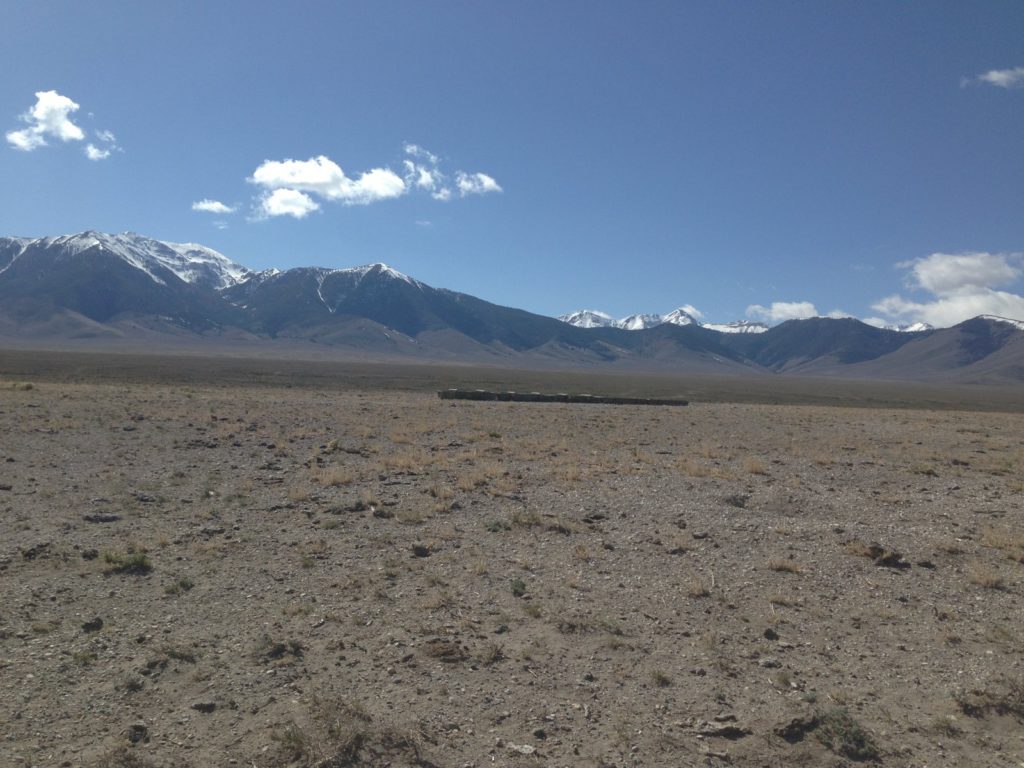
Soil erosion is another critical issue linked to public lands ranching. The constant trampling by livestock compacts the soil, reducing its ability to absorb water. This leads to increased runoff and erosion, which can have devastating effects on local waterways. Sediment from eroded soils can clog streams and rivers, impacting aquatic life and reducing water quality. Moreover, the loss of topsoil diminishes the land’s productivity and resilience, making it even more vulnerable to the impacts of climate change.
Water resources in the West are already scarce, and livestock grazing exacerbates this problem. Cattle and sheep require substantial amounts of water, putting additional pressure on already stressed water systems. Overgrazing near riparian zones—areas adjacent to rivers and streams—can be particularly damaging. These areas are crucial for maintaining water quality and providing habitat for a variety of species. When livestock degrade these zones, it can lead to a cascade of negative effects, including reduced water quality, loss of habitat, and increased vulnerability to drought.
Wildlife is also profoundly affected by public lands ranching. Many species depend on the same resources that livestock consume, leading to direct competition. For example, sage-grouse, a bird species native to the sagebrush steppe, has seen its habitat drastically reduced due to grazing. Similarly, predators like wolves and coyotes are often targeted and killed to protect livestock, disrupting the natural predator-prey balance and leading to further ecological consequences.
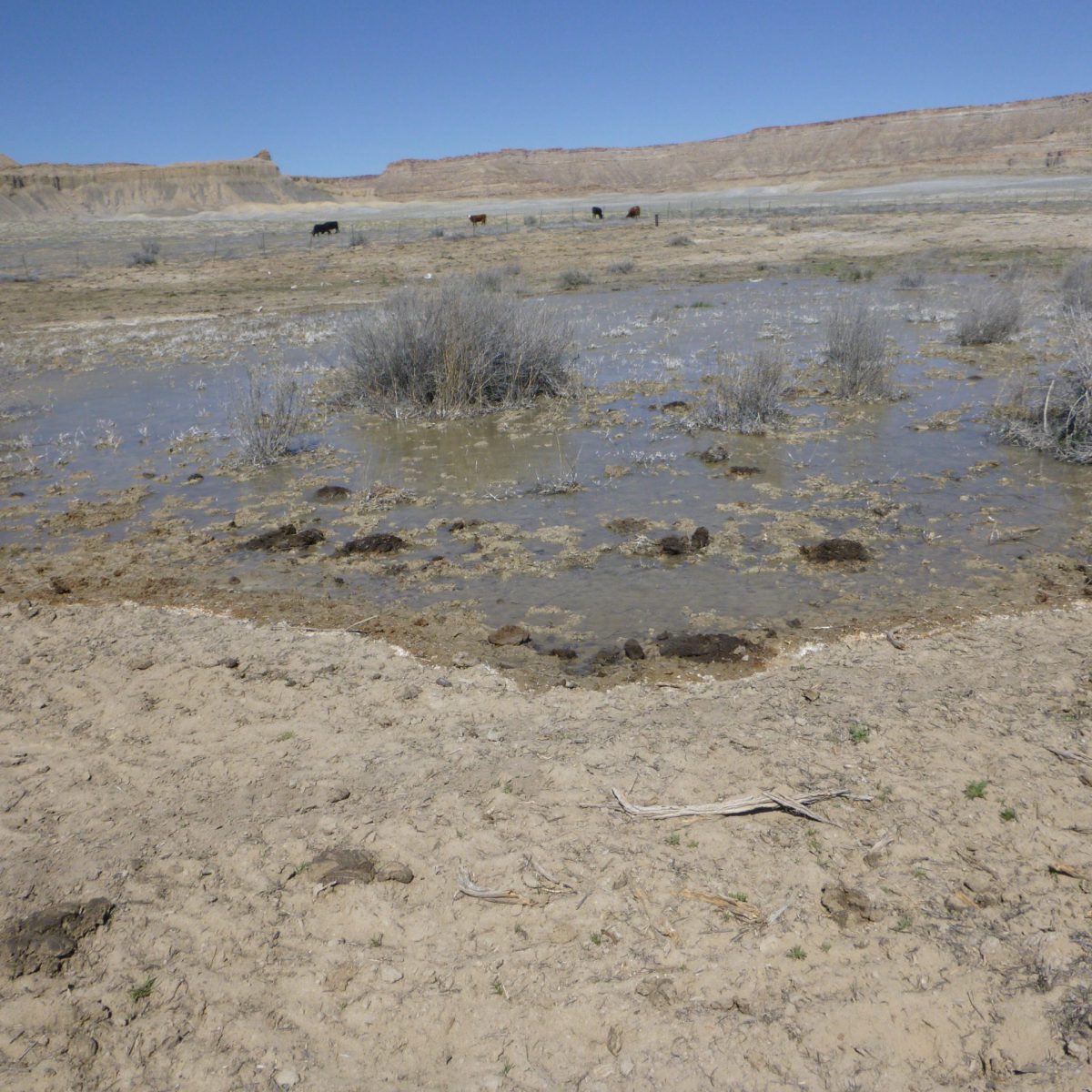
The environmental consequences of public lands ranching are not just limited to the immediate area. The degradation of these lands can have far-reaching effects, contributing to broader issues like climate change. Overgrazed lands store less carbon, reducing their ability to act as carbon sinks. Additionally, the methane emissions from livestock are a significant source of greenhouse gasses, further exacerbating global warming.
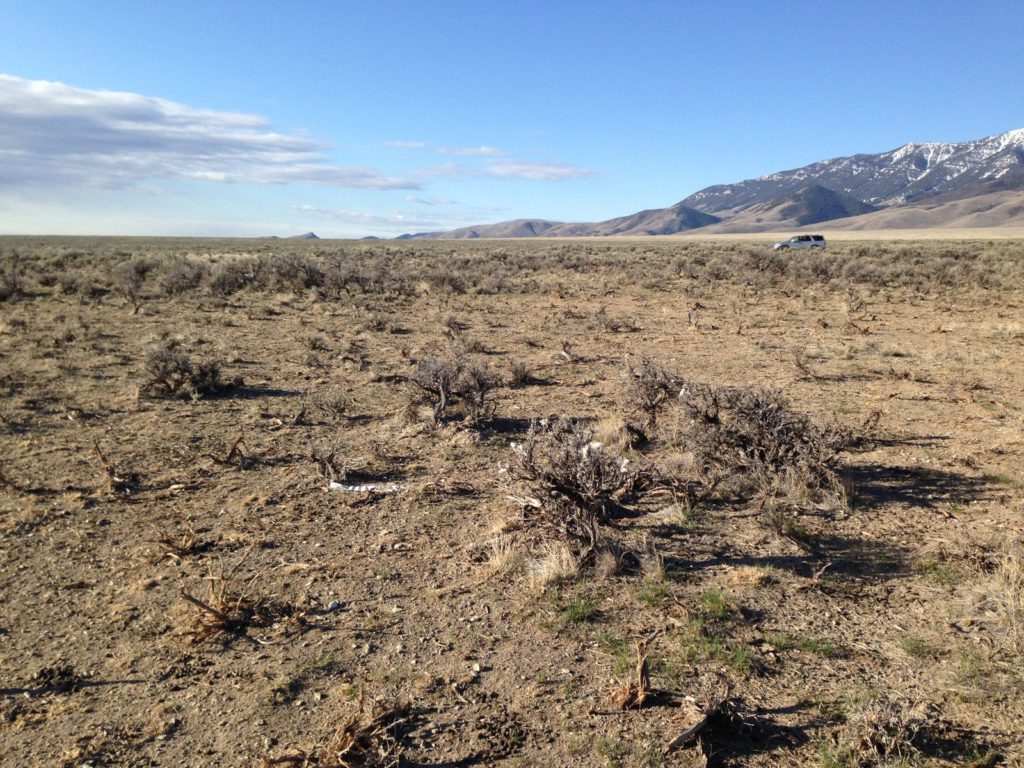
Addressing the environmental impacts of public lands ranching requires a multifaceted approach. It involves rethinking land management practices, enforcing stricter regulations, and promoting sustainable alternatives. Conservation groups like the Western Watersheds Project advocate for reducing livestock numbers, restoring degraded habitats, and protecting critical areas from grazing. These efforts are essential for preserving the ecological integrity of the West and ensuring that these lands can be enjoyed by future generations.
Western Watersheds Project aims to protect and restore western watersheds and wildlife through education, public policy initiatives, and legal advocacy. By challenging the status quo of public lands ranching, we seek to ensure that these lands are managed in a way that prioritizes ecological health and sustainability over private profit.

